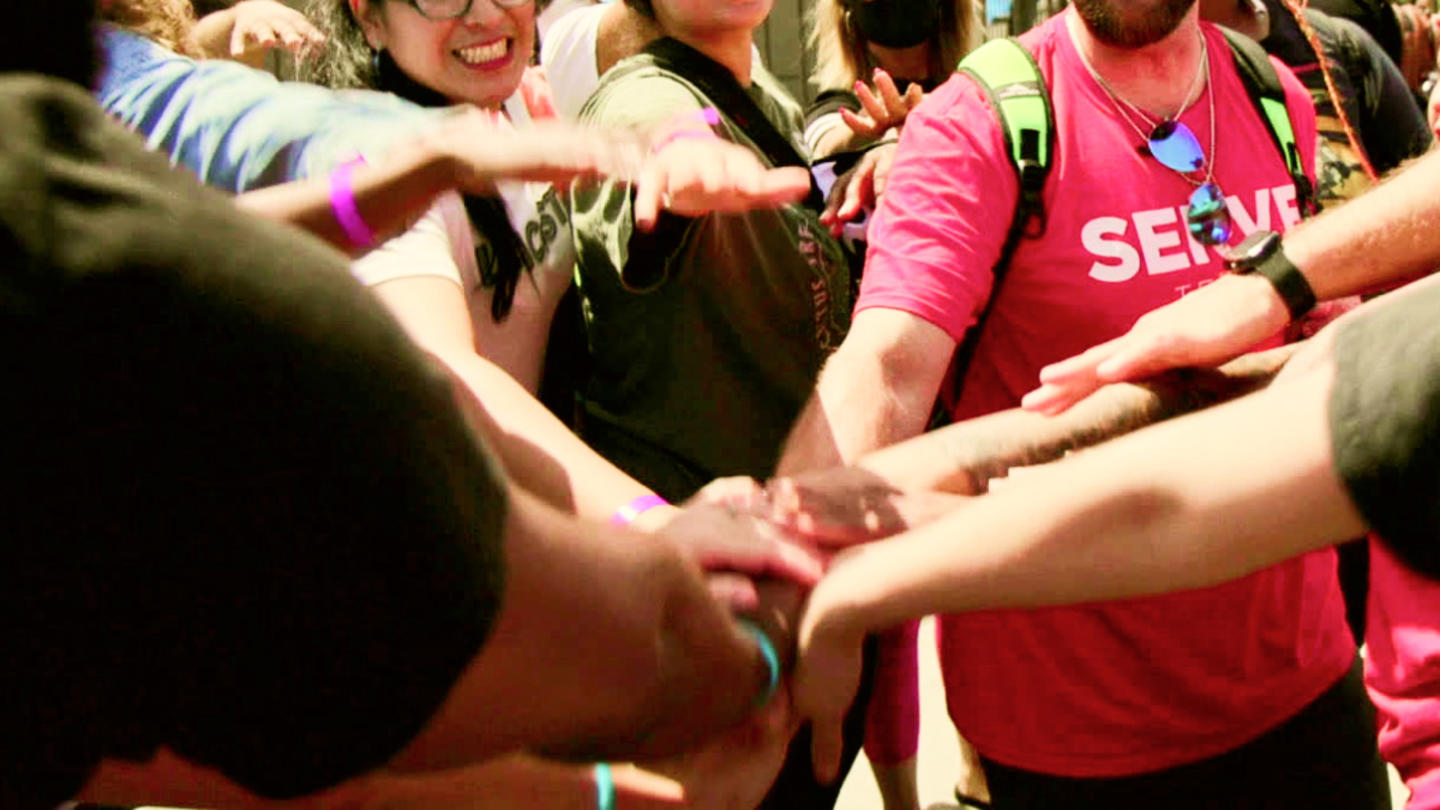This article was originally published by Stand Together Foundation.
Despite the challenges we've seen over the last half century, we remain as optimistic as we are realistic. We believe that the social sector can transform millions of lives and communities nationwide — if we're each willing to go about things differently. We call this new approach the empowerment paradigm.
Empowerment is what we see when we look at the nation's most effective social entrepreneurs.
It flips the concept of control on its head. It suggests that everyone should have the freedom to be the best version of themselves. Instead of focusing on imposing one preferred strategy, it seeks to remove the barriers that are holding people back from trying out their own ideas. It rejects one-size-fits all formulas in favor of unique solutions for unique individuals.
As nonprofit leaders, donors, and philanthropists, we get to choose empowerment as the new standard of excellence. Together, we can demonstrate that control isn't the only way to operate — empowerment is a more effective method to transform lives.
Paradigms are ways of thinking about the world that are shaped by ideas, beliefs, and habits. The more we cultivate an empowerment-driven mindset, the more likely we are to act in a way that consistently empowers people and that achieves ethical and lasting impact.
Download your Empowerment 101 ebook to explore a few strategies we can all use to identify existing strengths, find blind spots, and weave the empowerment paradigm more deeply into our work.
It starts with the principles of human progress, a set of empowering beliefs that guide our work. Then, we can discover new and better ways to manage our teams and measure success. Over time, we'll inspire our communities to do the same — changing the way our country thinks about and addresses its biggest challenges.
Stand Together Foundation partners with the nation’s most transformative nonprofits to break the cycle of poverty.
Learn more about Stand Together’s efforts to build strong and safe communities.




